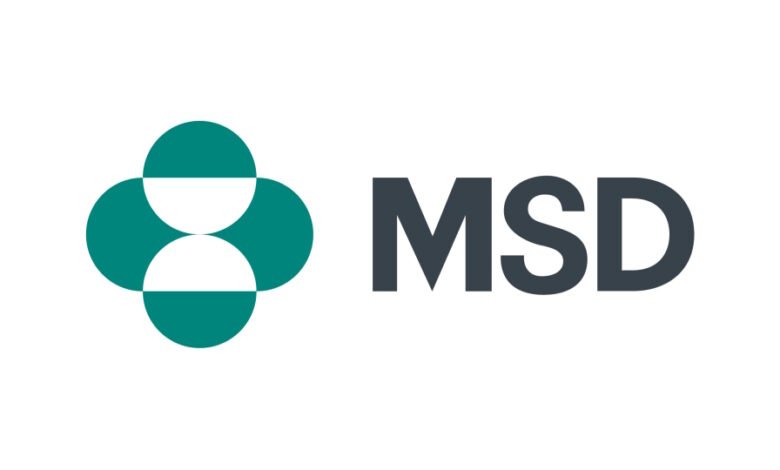Keytruda gets surgery-spanning OK from FDA in early NSCLC

MSD’s Keytruda has become the first immunotherapy in the US that can be used continuously, before and after surgery, in patients with early-stage non-small cell lung cancer (NSCLC).
A new approval from the FDA means that the PD-1 inhibitor can be used alongside chemotherapy as neoadjuvant therapy to prepare patients for surgical removal of their tumour, and then on its own as adjuvant therapy after surgery to try to prevent the cancer from recurring.
The aim of surgery in these NSCLC patients is curative, but between a third and half of them will experience recurrence after surgery and need additional lines of treatment.
MSD – known as Merck & Co in North America – noted that this is the sixth approval for Keytruda (pembrolizumab) in NSCLC, across early-stage and advanced forms of the cancer. Previously, it was approved for adjuvant use only in NSCLC, as well as for first-line and later treatment of the disease.
It consolidates Keytruda’s dominance as a treatment for this type of cancer, which accounts for a large part of the drug’s annual sales, which were more than $20 billion last year and are expected to swell to $30 billion by 2028, according to projections from Evaluate.
Crucially, the expanded label could help MSD fend off competition from rivals hoping to grab market share in NSCLC, particularly Bristol-Myers Squibb’s Opdivo (nivolumab), Roche’s Tecentriq (atezolizumab), and AstraZeneca’s Imfinzi (durvalumab), which are all trying to move into earlier lines of NSCLC therapy.
Imfinzi and Tecentriq are both being studied in this perioperative setting, while Opdivo became the first PD-1/PD-L1 inhibitor to get approved in the neoadjuvant setting last year.
The drugmaker has claimed the broader label for Keytruda based on the results of the KEYNOTE-671 trial, which enrolled 797 patients with stage II, IIIA, or IIB NSCLC tumours that were 4cm or larger or affecting lymph nodes, but treatable with surgical resection.
Patients received neoadjuvant Keytruda with platinum-based chemo prior to surgery, and then either Keytruda or placebo after surgery until the end of the planned 17 treatment cycles, disease recurrence or progression if the tumour was not completely removed with surgery, or unacceptable side effects.
Event-free survival – in other words patients who were free of disease progression, recurrence, or death – was 62.4% for the group given Keytruda before and after surgery after a median follow-up period of just over 25 months, compared to 40.6% for patients who received placebo in the adjuvant phase.
At an interim readout published in the New England Journal of Medicine (NEJM) in June, overall survival at 24 months was 80.9% with Keytruda and 77.6% with placebo, which was not statistically significant.
Updated results from the study will be presented at the ESMO cancer congress starting in Madrid, Spain, later this week, and there will be keen interest in seeing whether the OS difference has passed the threshold for significance.
Source link
#Keytruda #surgeryspanning #FDA #early #NSCLC